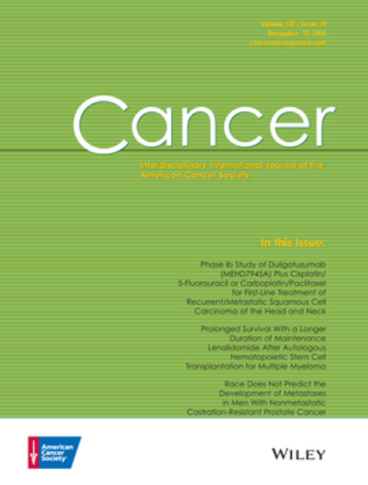Feasibility and acceptability of the Comprehensive Oncology Rehabilitation and Exercise (CORE) clinical workflow algorithm in patients with newly diagnosed stage I–III breast cancer who undergo surgery as first-line treatment
Abstract
Background
This pilot, mixed-methods, randomized controlled trial determined the feasibility and acceptability of the Comprehensive Oncology Rehabilitation and Exercise (CORE) clinical workflow algorithm. CORE was designed to connect patients with newly diagnosed breast cancer to exercise and rehabilitation services from the time of diagnosis throughout cancer care.
Methods
In total, 72 patients with newly diagnosed, stage I–III breast cancer who required surgery as first-line treatment were randomized 2:1 to CORE or standard of care. CORE included a triaging tool of two questionnaires regarding self-reported exercise (the Godin Leisure Time physical activity questionnaire) and functional status (the Patient-Reported Outcomes Measurement Information System physical function questionnaire), which were administered at the check-in desk for routine breast surgical oncology clinic visits at the initial surgical consultation, postoperatively, and 24 weeks after surgery. Responses to questionnaires in the triaging tool triaged participants to one of three pathways within the algorithm: exercise service, rehabilitation service, or exercise self-management (not a service). Service pathways required referral by clinic staff. Feasibility was determined based on completing the triaging tool (≥66%) and referral completion (≥50%) at the initial surgical consultation visit. Acceptability was determined by four study participant focus groups and one clinic team focus group (≥50% positive response).
Results
Ninety-three percent of participants in CORE (n = 40) completed the triaging tool. Among those triaged to a service pathway (n = 29), 62% completed their referral. Focus group feedback was primarily positive.
Conclusions
The CORE clinical workflow algorithm is feasible and acceptable among women who have newly diagnosed stage I–III breast cancer with plans for surgery as first-line treatment. CORE was also acceptable among clinic staff.
Clinical Trials Registration
NCT04594473


 求助内容:
求助内容: 应助结果提醒方式:
应助结果提醒方式:


